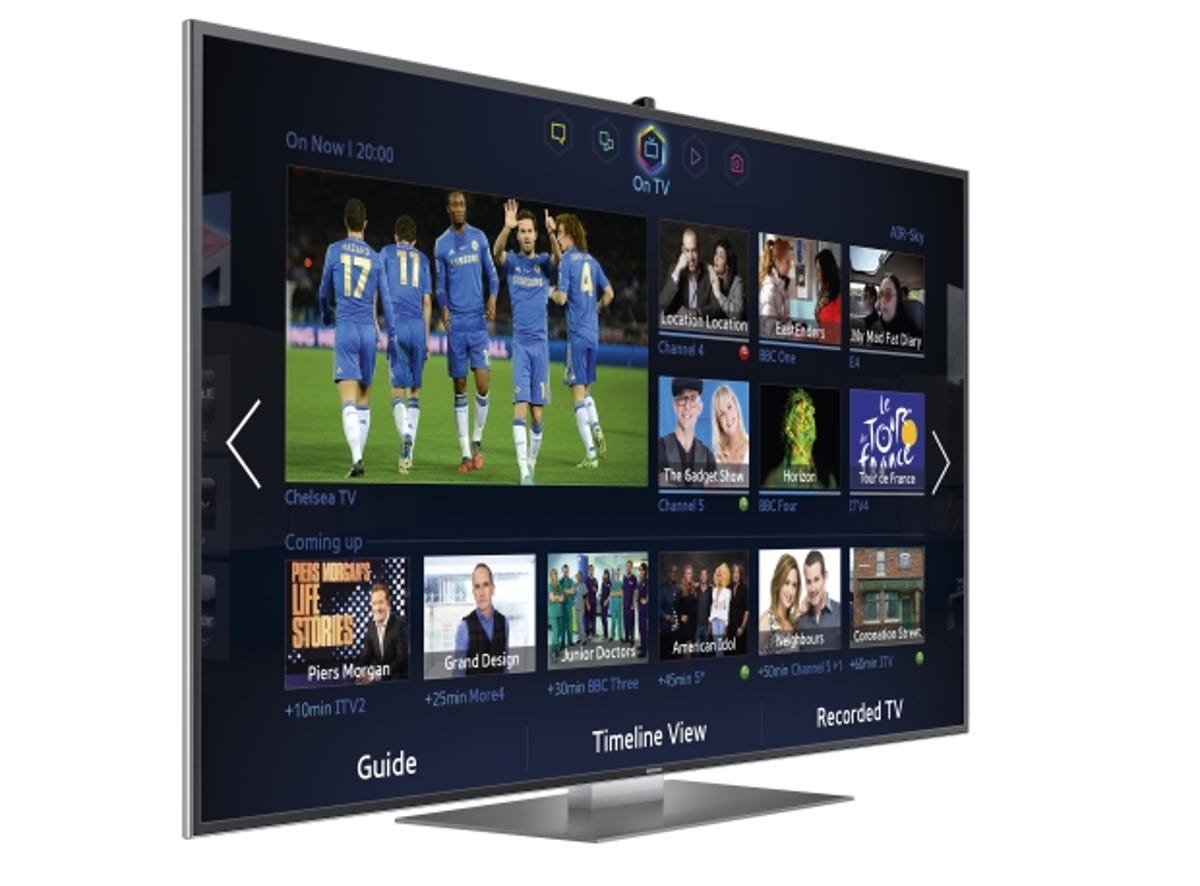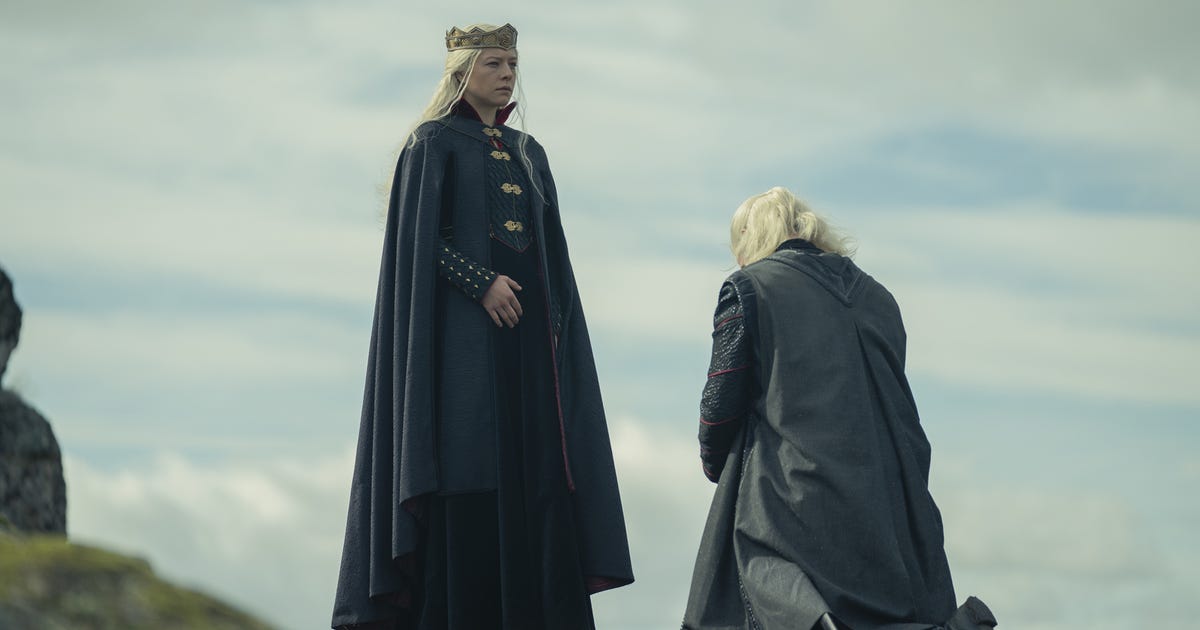
Don’t expect Auntie in 4K Ultra HD any time soon. Mark Harrison, the controller of production for BBC North, reckons punters won’t be knocking the corporation’s door down demanding Strictly and Doctor Who in next-gen high definition.
“I very much doubt we’ll find licence-fee payers writing in saying ‘I demand 4K!'” Harrison told the Digital TV World Summit website. “Most consumers have not even heard of such a thing — and would in any case find such an ugly, technical label hard to understand. What audiences expect from the BBC is quality programming.”
Nevertheless, BBC programmes are being made in Ultra HD, then downscaled for broadcast. “The BBC is taking 4K very seriously,” Harrison says. “It’s best to think about UHD in two different ways: first as a capture medium (programmes shot in very high resolution formats); and secondly as a distribution medium — transmission or publication of very high resolution media. The former is already happening, with lots of drama, natural history and other high-end programming being shot, and sometimes edited, in UHD or even higher resolutions. The latter is being actively explored by our technologists, but is some way off yet.”
The Beeb is part of an industry body called the UHD-Forum, which aims to educate consumers on what UHD is, and to make sure a single standard develops. Eventually the group will help promote the standard with ‘UHD Ready’ stickers on new kit and other publicity schemes.
Harrison thinks the standard will eventually catch on. “The relationship between product and quality is now becoming mutually reinforcing: more people want better quality devices, which need more better quality content to display on them. ‘Upgrading’, both of consumer products and content, and ‘extending’ of the range of material than gets displayed on these devices, will only increase.”
And that’s good for everyone, not just rich people with huge lounges and giant 60-inch tellies. “UHD is not just about more pixels, it also has the potential for better pixels,” he says. “The new standard can deliver much more colour than HD and can run at more than twice the frame rate. That makes genres like sport look great on big screens; but also makes everything look better on small screens too!”
Samsung and other TV makers started selling UHD sets this summer, like the one pictured above, with prices for 55-inch models starting at £4,000. That’s since fallen to around £3,300, and is likely to fall further with smaller models appearing.
What do you make of Ultra HD? Would you ever upgrade? Do you think the BBC should pull its finger out and get some 4K stuff out there, or should it spend your licence fee on something else? Resolve the situation down in the comments, or on our high-res Facebook page.




